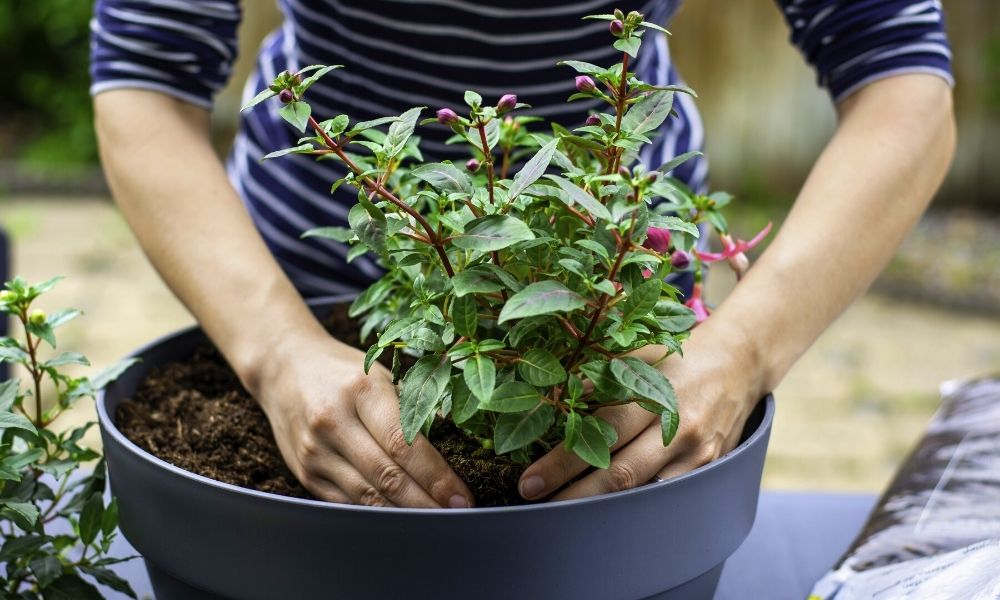Organic matter is the key ingredient for enriching garden soil. Add compost, leaf mold, well-rotted manure, and kitchen scraps to increase the organic content. These materials improve soil structure, enhance drainage, and promote beneficial microbial activity. Aim to incorporate organic matter regularly to replenish nutrients and maintain soil fertility.
The foundation of a flourishing garden lies in the quality of its soil. By creating your own garden soil, you can tailor it to the specific needs of your plants, ensuring the home décor optimal growth and abundant harvests. Building your own soil also allows you to adopt organic practices, minimizing the use of synthetic fertilizers and pesticides. In this article, we will share valuable tips and tricks to help you create nutrient-rich garden soil that will serve as the cornerstone of a thriving garden.
Practice No-Till Gardening:
Avoiding excessive tilling can benefit soil structure and microbial life. No-till gardening minimizes soil disturbance and helps preserve the natural soil ecosystem. Instead of turning over the soil, use layers of compost, mulch, or organic matter to create a lasagna garden bed, allowing the microorganisms to break it down naturally.
Practice Crop Rotation:
Implementing crop rotation is a valuable technique to maintain soil health and prevent nutrient depletion. Rotating crops annually helps break pest and disease cycles, minimizes soil-borne pathogens, and enhances nutrient availability. Different plant families have varying nutrient requirements, so rotating crops ensures a balanced utilization of soil nutrients.
Vermicomposting:
Vermicomposting, or composting with worms, is an efficient and sustainable method to produce nutrient-rich soil amendments. Set up a vermicompost bin using red worms (Eisenia fetida) to break down kitchen scraps and other organic waste. The resulting vermicompost is a nutrient-dense fertilizer that can be added to your garden soil to enhance plant growth.
Mulching:
Applying organic mulch to your garden beds offers multiple benefits. Mulch helps conserve soil moisture, regulate soil temperature, suppress weed growth, and prevent erosion. Organic materials like straw, wood chips, or shredded leaves make excellent mulches that gradually break down and enrich the soil over time.
Building your own garden soil is a rewarding and sustainable practice that sets the stage for a thriving garden. Discover here by understanding your soil composition and implementing organic practices like incorporating organic matter, crop rotation, cover cropping, and vermicomposting, you can create nutrient-rich soil that nurtures robust plants and abundant harvests. Embrace these tips and tricks to cultivate a flourishing garden and enjoy the rewards of a vibrant and bountiful oasis right in your backyard.









